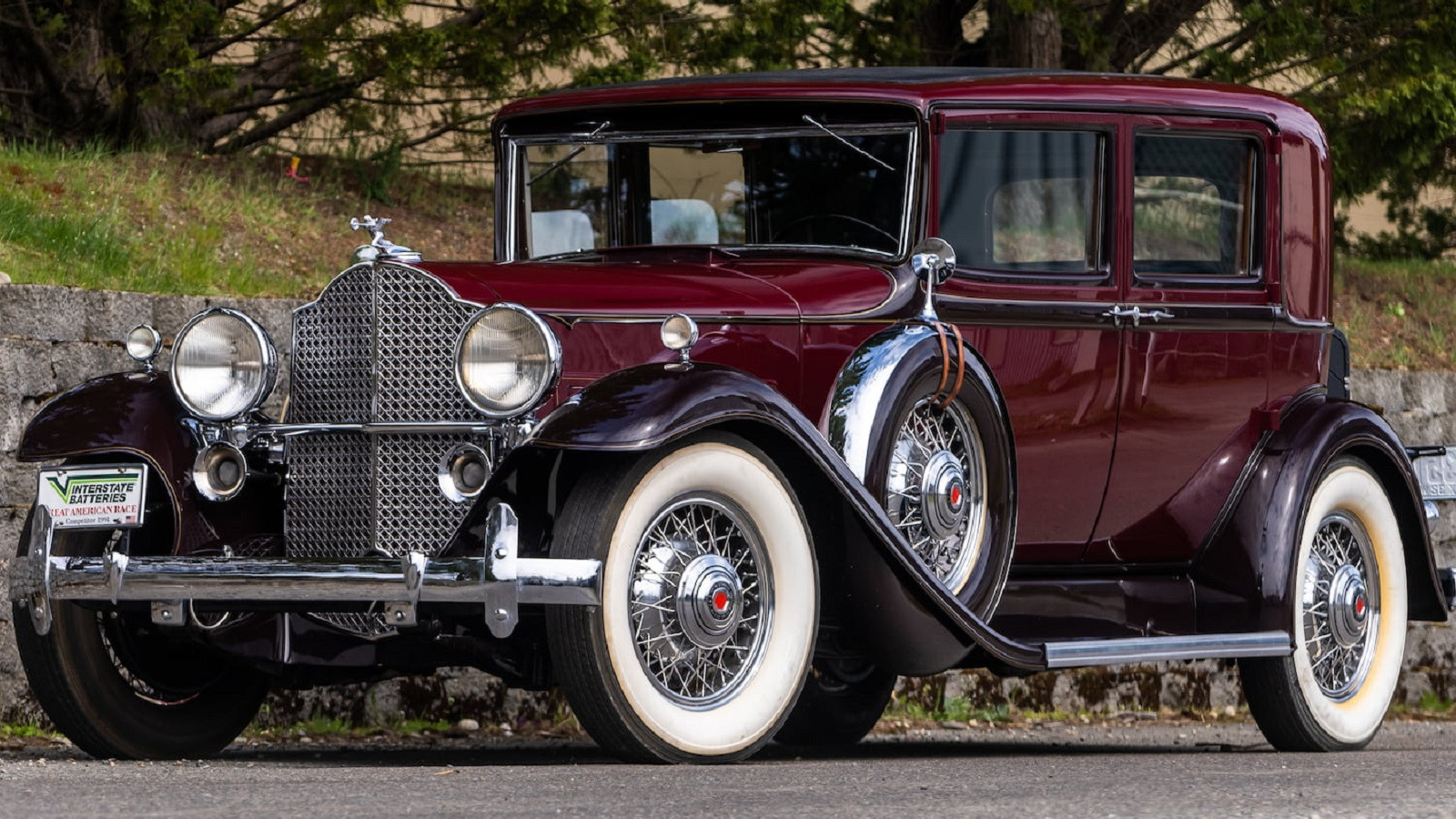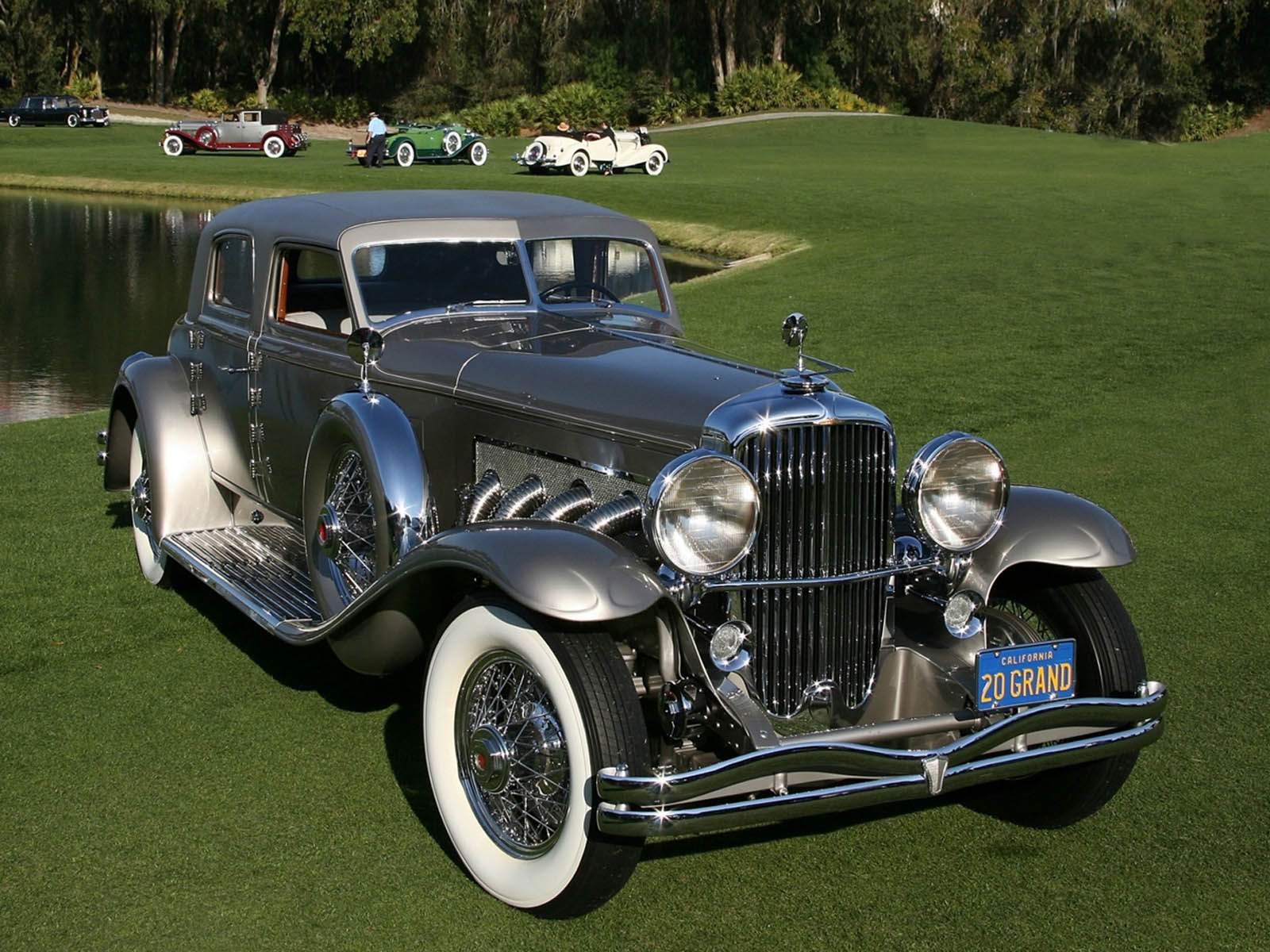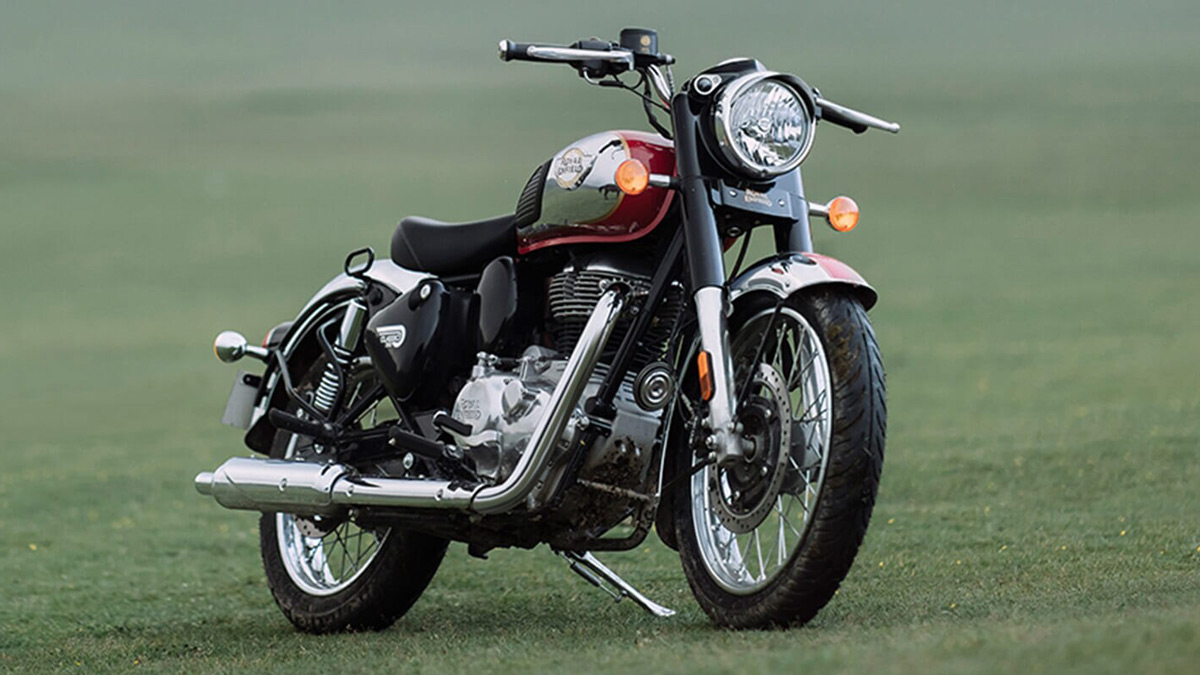Classic American Pickup Trucks For Sale In USA: Your Ultimate Guide to Finding, Buying, and Owning a Piece of Americana pickup.truckstrend.com
There’s a unique rumble that resonates with the American spirit – the unmistakable sound of a classic American pickup truck. More than just vehicles, these machines are rolling testaments to a bygone era of craftsmanship, utility, and timeless design. From the sprawling farmlands to the bustling cityscapes, classic American pickups have hauled, worked, and cruised their way into the hearts of generations. Today, the desire to own one of these iconic trucks is stronger than ever, fueled by nostalgia, a love for vintage aesthetics, and the appeal of a simpler, more robust form of automotive engineering.
For sale across the USA, these trucks represent a diverse market, ranging from fully restored showpieces commanding top dollar to weathered "survivors" brimming with character, and even "project" trucks awaiting a passionate new owner’s touch. This comprehensive guide will navigate you through the exciting world of classic American pickup trucks, offering insights into their enduring appeal, where to find them, crucial considerations before buying, and practical advice for bringing your dream truck home.
Classic American Pickup Trucks For Sale In USA: Your Ultimate Guide to Finding, Buying, and Owning a Piece of Americana
The Enduring Appeal of Classic American Pickups
Why do classic American pickups continue to captivate enthusiasts and collectors? The reasons are multifaceted:
- Nostalgia and Heritage: For many, these trucks evoke cherished memories of family, simpler times, or the hardworking spirit of America. They are tangible links to history and a personal connection to a cultural past.
- Timeless Design: Unlike modern vehicles, classic pickups boast clean lines, iconic grilles, and an undeniable aesthetic that transcends fleeting trends. Their functional beauty is a testament to form following function.
- Robust Engineering: Built in an era before planned obsolescence, many classic pickups were designed to be tough, reliable, and easily repairable. Their mechanical simplicity appeals to those who enjoy hands-on maintenance.
- Versatility and Customization: Whether you envision a perfectly stock restoration, a powerful restomod with modern amenities, a lowered street cruiser, or a rugged off-road machine, classic pickups offer an unparalleled canvas for personalization.
- Investment Potential: While not all classics appreciate rapidly, well-maintained or expertly restored models, particularly rarer or highly desirable editions, can hold or even increase their value over time, making them a unique investment.
- Community and Culture: Owning a classic truck connects you to a vibrant community of fellow enthusiasts, fostering camaraderie at car shows, cruises, and online forums.

Defining "Classic": What Years and Models to Look For

While "classic" can be subjective, generally, it refers to vehicles at least 20 years old, with many enthusiasts focusing on trucks from the 1940s through the late 1980s. Key eras and popular models include:
- Pre-War & Early Post-War (1930s-1950s): Characterized by rounded, art deco styling.
- Ford: Early F-Series (F-1, F-100 "Bonus Built" & "Effie")
- Chevrolet/GMC: Advance Design (3100, 3600)
- Dodge: B-Series

- Mid-Century Modern (1950s-Early 1960s): More integrated designs, often with panoramic windows and V8 options.
- Ford: F-100 (second & third gen, "Effies" & "Slicks")
- Chevrolet/GMC: Task Force (Cameo Carrier, Apache), C/K Series (first gen "Fleetside" & "Stepside")
- Dodge: D-Series (Power Wagon variants)
- The Golden Age (Mid-1960s-1970s): Longer, lower, and wider designs, often with more creature comforts.
- Ford: F-100/F-150 (fourth, fifth & sixth gen, "Bumpsides" & "Dentsides")
- Chevrolet/GMC: C/K Series (second & third gen "Action Line" & "Squarebody")
- Dodge: D-Series (sweptline & "Li’l Red Express")
- The Transition Era (1980s): More angular, fuel-efficient designs, leading into modern trucks.
- Ford: F-150/F-250 (seventh gen "Bullnose")
- Chevrolet/GMC: C/K Series (third gen "Squarebody" continues, R/V series)
- Dodge: Ramcharger, D-Series (first gen "Ram")
Where to Find Your Dream Classic Truck
The hunt for a classic pickup is part of the adventure. Here are the most common avenues:
- Online Marketplaces & Classifieds:
- Dedicated Classic Car Sites: Bring a Trailer, ClassicCars.com, Hemmings, AutoTrader Classics.
- General Classifieds: eBay Motors, Craigslist, Facebook Marketplace. (Exercise caution and verify sellers.)
- Specialized Classic Truck Dealers: Many dealerships focus exclusively on vintage vehicles, offering inspected, often restored, trucks with warranties or guarantees.
- Auctions: Live auctions (Mecum, Barrett-Jackson) and online auction platforms can yield unique finds, but require quick decision-making and a solid understanding of market values.
- Private Sellers: Often found through word-of-mouth, local classifieds, or "for sale" signs. Can offer better deals but require thorough due diligence.
- Car Shows & Swap Meets: Great places to network, see trucks in person, and sometimes find direct sales from owners.
- Forums and Social Media Groups: Online communities dedicated to specific truck models are excellent resources for leads and advice.
Key Considerations Before Buying
Purchasing a classic truck is different from buying a modern vehicle. Careful consideration will save you headaches and money in the long run.
- Condition Matters Most:
- Show Quality/Restored: Flawless paint, rebuilt mechanicals, often ready for concourse events. Commands the highest prices.
- Driver Quality: Presentable, mechanically sound, suitable for regular cruising or light work. May have minor flaws.
- Survivor: Original paint, interior, and mechanicals, showing its age but largely untouched. Can be highly desirable if well-preserved.
- Project: Requires significant work (engine, body, interior, frame). Best for those with mechanical skills, time, and a budget for parts and labor.
- What to Look For:
- Rust: The #1 enemy. Check frame, cab corners, floor pans, bed, fenders, and door bottoms. Surface rust is manageable; structural rust is a major red flag.
- Engine & Drivetrain: Listen for knocking, smoke, leaks. Check transmission shifting.
- Suspension & Steering: Look for worn bushings, excessive play.
- Brakes: Ensure they are firm and responsive.
- Electrical: Test all lights, gauges, wipers, and horn.
- Documentation: Clear title is paramount. Service records, build sheets, or restoration photos add value.
- Originality vs. Customization: Decide if you want a truck as it left the factory (original) or one modified for modern performance, comfort, or style (restomod, hot rod, lifted). Restomods often command higher prices due to the significant investment in modern components.
- Budgeting: Beyond the purchase price, factor in:
- Restoration/Repair Costs: Even "driver quality" trucks will likely need some work.
- Insurance: Classic car insurance is often specialized and can be surprisingly affordable, but has specific requirements (e.g., mileage limits, secure storage).
- Storage: Secure, dry storage is crucial to prevent deterioration.
- Maintenance: Regular upkeep, finding parts, and potential professional mechanic fees.
Navigating the Purchase Process
Once you’ve found a potential candidate, follow these steps:
- Thorough Inspection:
- DIY Inspection: Bring a flashlight, magnet (to detect body filler), and a knowledgeable friend. Spend ample time looking at every detail.
- Professional Pre-Purchase Inspection (PPI): Highly recommended, especially for long-distance purchases. A qualified mechanic specializing in classic vehicles can uncover hidden issues.
- Test Drive:
- Listen for unusual noises from the engine, transmission, and suspension.
- Check brake feel and steering response.
- Ensure all gears engage smoothly.
- Test all accessories.
- Negotiation:
- Research market values for similar trucks in similar condition.
- Be prepared to walk away if the price isn’t right or if issues are uncovered.
- Don’t be afraid to make a reasonable offer.
- Payment & Title Transfer:
- Ensure the seller has a clear, transferable title.
- Use secure payment methods (cashier’s check, wire transfer from your bank). Avoid cash for large sums unless meeting at a bank.
- Verify the VIN on the title matches the truck.
Popular Models and Their Market Value (Estimated Ranges)
Prices for classic American pickup trucks vary wildly based on condition, originality, rarity, engine, options, and market demand. The following table provides estimated ranges for common models in different conditions. These are general guidelines and not guarantees.
| Make/Model | Years | Condition: Project (Needs Major Work) | Condition: Driver (Good Running Order) | Condition: Restored/Show Quality (Excellent) |
|---|---|---|---|---|
| Ford F-100/F-150 | 1953-1956 (F-100) | $5,000 – $15,000 | $20,000 – $40,000 | $50,000 – $100,000+ |
| 1967-1972 (F-100) | $4,000 – $12,000 | $18,000 – $35,000 | $45,000 – $90,000+ | |
| 1973-1979 (F-150) | $3,000 – $10,000 | $15,000 – $30,000 | $40,000 – $80,000+ | |
| 1980-1986 (F-150) | $2,000 – $8,000 | $10,000 – $25,000 | $30,000 – $60,000+ | |
| Chevy 3100/C10/C20 | 1947-1954 (3100) | $6,000 – $18,000 | $25,000 – $50,000 | $60,000 – $120,000+ |
| 1960-1966 (C10) | $5,000 – $15,000 | $22,000 – $45,000 | $55,000 – $110,000+ | |
| 1967-1972 (C10) | $6,000 – $20,000 | $25,000 – $55,000 | $65,000 – $130,000+ | |
| 1973-1987 (C10/C20 "Squarebody") | $4,000 – $12,000 | $18,000 – $38,000 | $45,000 – $90,000+ | |
| Dodge D-Series/Ram | 1961-1971 (D-Series) | $3,000 – $10,000 | $15,000 – $30,000 | $35,000 – $70,000+ |
| 1972-1980 (D-Series) | $2,500 – $8,000 | $12,000 – $25,000 | $30,000 – $60,000+ | |
| 1981-1993 (First Gen Ram) | $2,000 – $7,000 | $10,000 – $20,000 | $25,000 – $50,000+ | |
| GMC C/K Series | (Similar to Chevy C/K models for respective years) | (Similar ranges to comparable Chevy models) | (Similar ranges to comparable Chevy models) | (Similar ranges to comparable Chevy models) |
Note: Prices are highly variable and depend on specific model, engine, options, location, and market demand at the time of sale. Trucks with rare options, factory performance packages, or exceptional provenance can command significantly higher prices.
Owning and Maintaining Your Classic Pickup
Ownership of a classic truck is a rewarding experience, but it comes with responsibilities:
- Insurance: Seek out specialized classic car insurance providers (e.g., Hagerty, Grundy, American Collectors). They understand the unique needs of vintage vehicles and often offer agreed-value policies.
- Storage: Protect your investment from the elements. A garage or covered carport is ideal. Consider a car cover for added protection.
- Maintenance: Regular oil changes, fluid checks, and attention to common classic car issues (carburetor tuning, brake adjustments, cooling system checks) are crucial.
- Parts Availability: Most popular models have excellent aftermarket parts support, from reproduction body panels to engine components. Online vendors and specialized shops are your best friends.
- Community: Join local car clubs, attend shows, and engage in online forums. The collective knowledge and camaraderie are invaluable.
Frequently Asked Questions (FAQ)
Q1: What makes a truck "classic"?
A1: Generally, a vehicle 20 years or older is considered classic. However, in the enthusiast community, "classic" often refers to trucks from the 1980s and earlier that have distinctive styling, historical significance, or a strong following.
Q2: Is buying a classic pickup truck a good investment?
A2: It can be, but it’s not guaranteed. Well-maintained, original, or professionally restored examples of desirable models tend to hold or increase in value. However, the primary motivation should be passion for the vehicle, not purely financial gain, as restoration costs can easily outweigh appreciation.
Q3: Can I use a classic truck as a daily driver?
A3: Some classic trucks, especially those from the late 60s to 80s, can be made reliable enough for daily driving with proper maintenance and potentially some modern upgrades (e.g., disc brakes, electronic ignition, power steering). Older trucks or those in less-than-perfect condition are generally better suited for weekend cruises or light duty.
Q4: Where can I find parts for my classic truck?
A4: Parts availability is excellent for popular models like Ford F-Series and Chevy C/K trucks. You can find parts from specialized online retailers, classic car swap meets, junkyards (for used original parts), and even some local auto parts stores.
Q5: What’s the difference between a "restomod" and a "restored" truck?
A5: A restored truck aims for factory originality, using period-correct parts and finishes to return the vehicle to its "as new" condition. A restomod (restored + modern) maintains the classic exterior aesthetics but incorporates modern components like updated engines, transmissions, suspension, brakes, and comfort features for improved performance, reliability, and drivability.
Q6: How much does classic truck insurance cost?
A6: Classic truck insurance is often surprisingly affordable compared to standard auto insurance because classic vehicles are typically driven fewer miles and stored securely. Costs vary based on the truck’s agreed value, your driving record, location, and coverage limits, but can range from a few hundred dollars to over a thousand annually.
Conclusion
Owning a classic American pickup truck is more than just possessing a vehicle; it’s embracing a lifestyle, connecting with history, and experiencing the raw, unfiltered joy of the open road. From the iconic lines of a 1950s F-100 to the rugged utility of a 1970s "Squarebody" C10, these trucks offer a unique blend of nostalgia, practicality, and undeniable cool.
The journey of finding, purchasing, and maintaining your dream classic pickup can be incredibly rewarding. By understanding the market, performing thorough inspections, budgeting wisely, and engaging with the vibrant community of enthusiasts, you can confidently embark on this adventure. So, whether you’re seeking a pristine showpiece, a reliable weekend cruiser, or a project to pour your passion into, the perfect classic American pickup truck is out there, waiting for you to turn the key and let its timeless spirit rumble once more.
